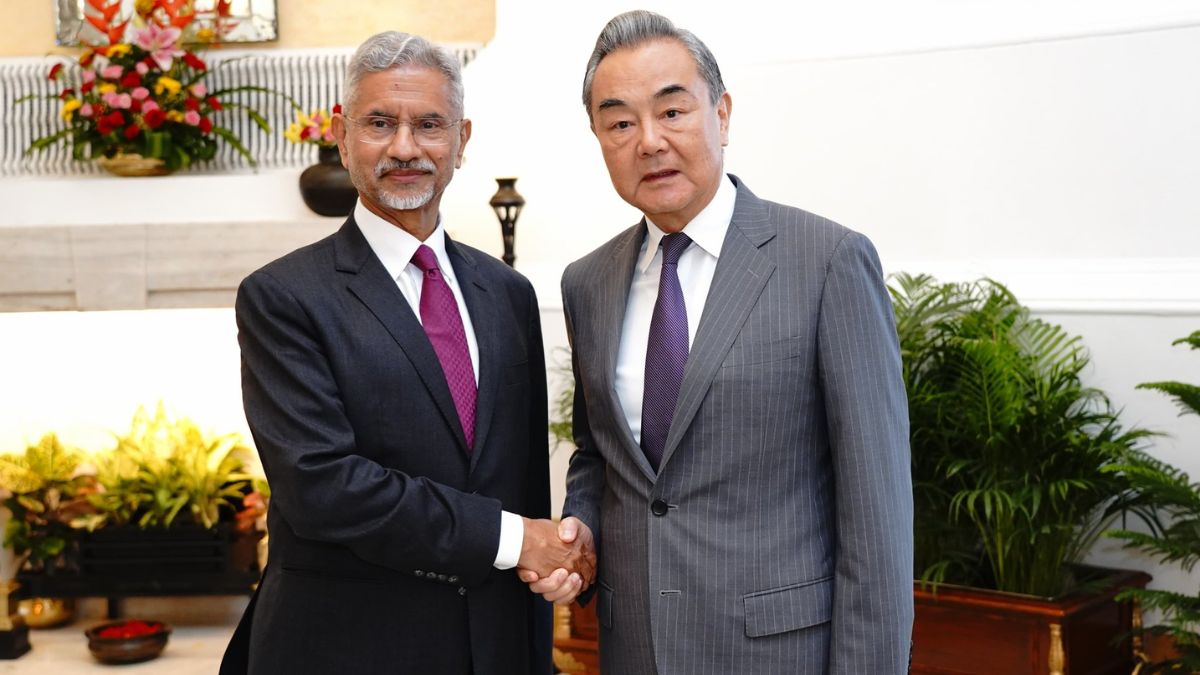

Following a meeting between External Affairs Minister S. Jaishankar and Chinese Foreign Minister Wang Yi in New Delhi, India has firmly reiterated that its position on Taiwan remains unchanged. This clarification comes in response to a Chinese foreign ministry readout that allegedly misquoted Jaishankar as stating Taiwan is a part of China.
Sources familiar with the matter emphasized that India, like much of the world, maintains economic, technological, and cultural ties with Taiwan. India intends to continue this relationship. During the meeting, Wang Yi reportedly urged India to cease dealing with Taiwan, a request that Jaishankar countered by pointing out that China itself engages with Taiwan in similar areas.
The Chinese foreign ministry's readout, issued in Mandarin, included a line attributing to Jaishankar the statement: "Taiwan is a part of China". There was no English version of the readout. This prompted the Indian side to clarify that there has been no shift in New Delhi's stance.
India's consistent position is that its relationship with Taiwan focuses on economic, technological, and cultural exchanges. This is in line with how most countries engage with Taiwan.
During the meeting between Jaishankar and Wang, the primary focus was on trade and economic cooperation. A significant outcome of the discussion was Wang's assurance that China would resume the supply of fertilizers, rare earth minerals, and tunnel boring machines (TBMs) to India. These supplies are crucial for India's agriculture, automotive industry, and infrastructure projects. China accounts for a substantial portion of India's fertilizer imports, along with key rare earths and TBMs. Beijing had suspended these exports for nearly a year, impacting India's supply chains. Jaishankar had previously raised concerns about this issue during his visit to China in July.
While the Jaishankar-Wang meeting addressed trade and supply issues, discussions on boundary matters were reserved for a separate dialogue between National Security Advisor Ajit Doval and Wang Yi. Doval and Wang are expected to focus on de-escalation along the Line of Actual Control (LAC).
Both Jaishankar and Wang acknowledged the impact of U.S. policies on their respective countries, agreeing on the need for closer engagement to manage regional uncertainties.
In his opening remarks, Jaishankar emphasized the importance of maintaining peace and tranquility in the border areas as a basis for positive momentum in the relationship. He also touched upon India's concerns regarding Chinese trade restrictions and cross-border terrorism.